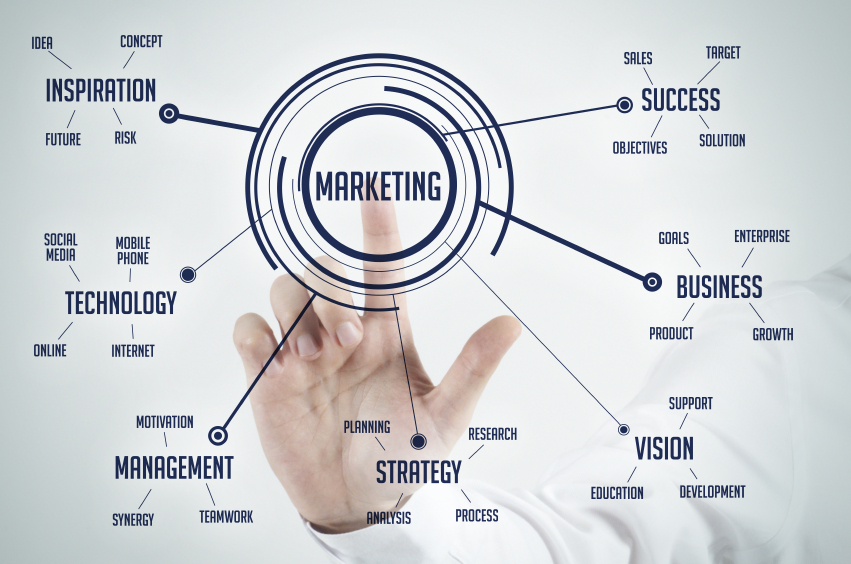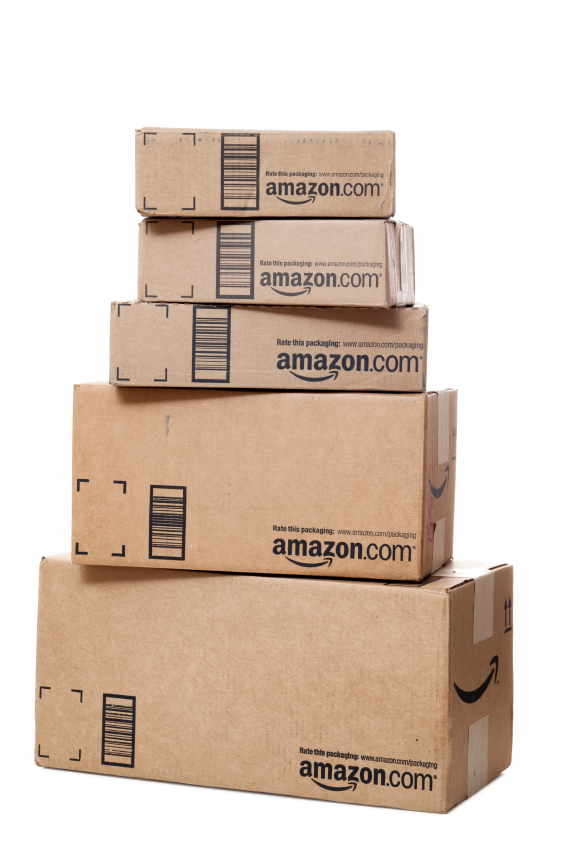Ecommerce in the USA is big business. It has been estimated by Forrester that the US ecommerce market will reach $414 billion by 2018. That is up from $294 billion in 2014. However, the physical store is not dead. People still love going to malls, and there is plenty of competition to make sales offline as well as online. Online alone, a recent study found that there were 180,000 ecommerce sites just using one type of shopping cart, though those generating meaningful levels of revenue were estimated to be some 110,000. That is an awful lot of competition. There are many different online opportunities to leverage to get a piece of the pie, such as social media, mobile and others, but determining what works and what does not can be quite a challenge. The bottom line is that despite the massive opportunities for growth, there is also incredible competition. Ecommerce businesses that fail to market effectively to their potential customers will lose out to other industry players, both online and offline. This means that the role of the Marketing Director at the ecommerce firm has never been more vital.
Why Marketing is Essential to Ecommerce
Marketing is an often overlooked or undervalued function in ecommerce companies. Some consider it to be “fluff” and would rather marketing directors focus on other tasks, not relating to creating a functional website and driving sales. The marketing director performs the pivotal function of getting customers to the website in the first place, and making sure the customer experience on the site is flawless. Without eyes looking at the website and browsing the goods for sale it will be impossible to make very many sales. At the same time, marketing cannot be an ancillary add-on activity or an after-thought. For ecommerce attracting customers to the website must be the number one MOST® important activity. This is why the role of the Marketing Director is paramount to success in ecommerce.
What the Marketing Director Does
One of the essential roles that the Marketing Director performs is formulating a marketing strategy and plan that will position the ecommerce business as being a company that target customers want to buy from. This involves a range of analytical and research activities such as scanning the business environment and understanding the opportunities and threats that the firm faces. It also requires an in-depth competitive analysis. From all of this analysis and research the Marketing Director can define a strategy based on a Unique Selling Proposition which will differentiate the ecommerce firm from the competition. Following determination of a clear strategy that assesses where the company is now and where it wants to be in the near future, the Marketing Director will then turn to the task of preparing a marketing plan that will help the firm to bridge the gap. This will include advertising and promotional activities that will help to attract the target customers to the website, adding more functionally and improving the customer experience on the website and helping customers to understand why they should buy from this firm over any others.
This latter component is known as managing the “Marketing Mix” and refers to all of the activities that allow the product to be properly marketed. This can be particularly challenging online. Online marketing is continually evolving and what works one month may be superseded by some new, vastly more effective strategy the next. Leaving the marketing strategy to the intern who may make a few Facebook postings and Tweet about a new product is simply not going to cut it in the world of ecommerce. Everything in the world of ecommerce is changing very rapidly. It is like the Wild West of the World Wide Web. Functioning in an environment that is changing at a phenomenal speed requires talent that can understand and adapt accordingly. It takes a creative mind that can think outside the box. Being technically astute enough to understand what is actually possible is also a huge advantage, as is fighting for a budget that will drive real return on investment.
Rather than promoting a piecemeal and ad-hoc approach which leaves the company blind to what actually drives customers to the website and promotes sales, the Marketing Director takes a more structured approach. A talented Marketing Director will be able to separate the wheat from the chaff and figure out what works for this specific ecommerce business. This will not be the same as what works for others. The Marketing Director will have developed expertise in the various types of online marketing such as search engine optimization, social media, mobile and others, and will be on top of all of the latest trends too. This allows the marketing role to develop cutting edge promotional activities that will increase traffic and sales. Once all of this is done, the Marketing Director does not kick back and relax. Rather, this individual will work tirelessly, and evaluate and monitor what has been effective, and will continually seek to improve the process, and ultimately drive more customers to the website to make purchases. Not an easy feat for any individual and usually requires long hours and a constant work mode even on days out of the office.
Marketing Challenges
Regardless of the size of the ecommerce company, good marketing is essential, though there are challenges to achieving this. The Marketing Director does not operate in a vacuum, and he or she needs to be a skilled people person who can function at a high level, interacting with other directors to ensure that the marketing strategy feeds into the firm’s overall strategic imperatives and goals. Ultimately the marketing that is performed has to dovetail and coordinate with the work that the other departments are doing.
For example if the Marketing Director launches a massive viral marketing campaign creating a very attractive special offer for customers and does not interact with the technical team in doing so, then there is a very good chance that the ecommerce site will not be able to handle the number of orders and it may fail to function properly. This has a net negative effect on the brand, as the site becomes considered “unreliable” by customers. Equally, if the distribution provider is not informed about the special offer and is not staffed up accordingly there could be insufficient resources to deliver products in a timely manner, with a similarly negative impact on brand reputation. A good Marketing Director understands the implications of undertaking different marketing activities on other areas of the business and coordinates effectively to ensure the business operates effectively.
Another of the challenges in ecommerce that is growing at the current time is gaining customers’ trust, and the marketing function has a critical role to play in achieving this. Figures show that customers have worries about security breaches on the websites of large retail companies – in fact, 24% of Americans decided to stop making online purchases for this reason during 2014, according to a Princeton survey. This means that marketers have to step up and show that sites can be trusted. Eliminating payment data from your website is the best way to help ensure that your customer’s sensitive payment information is safe. For example, card tokenization replaces sensitive payment data with a unique identifier or token that cannot be mathematically reversed. A talented marketing director with experience can help the organization to develop a strategy that demonstrates gravitas in the area of security, which can put customers’ minds at rest.
In summary, effective marketing promotes a healthy, highly profitable ecommerce business. The marketing director position in the firm is one of upMOST® importance and is the central driving force of the company performance. A Marketing Director is able to shape marketing strategy and form a true north culture throughout the firm, with everyone from the CEO to the temp worker in accounts payable understanding that the customer is the number one priority. This drives higher sales, an improved reputation for the brand, genuine customer engagement and competition that creates continuous improvement in the industry.










